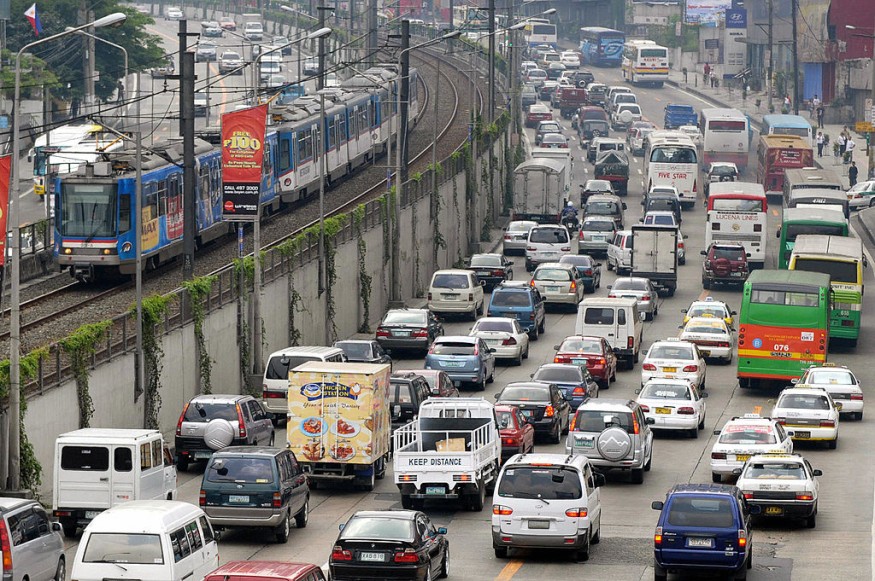Metro Manila has been ranked as the world's most congested city, according to TomTom, a navigation and location-based services company. Their latest report, released on Jan. 17, shows that people in Manila experience severe traffic delays.

Metro Manila Named World's Most Congested City
TomTom's research indicates that in Metro Manila, it takes about 25 minutes and 30 seconds to travel just 10 kilometers. This is a slight increase from the previous year's time of 24 minutes and 50 seconds. The Manila Times reported that the city's congestion level is 52%, meaning that travel times are more than half longer than they would be in free-flowing conditions. Due to heavy traffic, drivers in Manila lose 117 hours each year, especially during rush hours, moving at an average speed of 19 kilometers per hour.
Following Metro Manila in the congestion rankings are Lima, Peru, and Bengaluru, India. Other cities in the top 10 list include Sapporo and Nagoya in Japan, Taichung and Kaohsiung in Taiwan, and Mumbai and Pune in India. London, Dublin, and Toronto are among the top 10 congested city centers, with Manila ranking ninth in this category.
TomTom's Traffic Index covers 387 cities across 55 countries and six continents. The data for this index comes from various sources and represents a total distance of 551 billion kilometers. The index aims to show the average travel times in cities and how traffic has changed throughout the year.
Related Article : World's 10 Worst Airport Terminals: Manila Airport No Longer Named Worst Airport, Replaced By Islamabad Airport
According to TomTom, travel times in different cities are affected by static factors like road infrastructure and dynamic factors like traffic congestion, as per the news report. Their traffic data includes detailed patterns of speeds, accelerations, travel times, and distances driven, helping to understand the extent of congestion in city centers.
Metro Manila to Benefit from MPTC's New Traffic Solution Plans
Metro Pacific Tollways Corp. (MPTC) plans to work with local governments to solve traffic issues in Metro Manila and other areas. MPT Mobility, part of MPTC, is talking with several local government units (LGUs) to use their Smart Urban Mobility (SUM) Solutions. This plan aims to make travel easier in busy cities.
Leo Gonzales, from MPT Mobility, said they want to help LGUs by offering services that match each city's needs. The time for these contracts will change based on what each LGU needs. MPT Mobility is looking to work with at least three or four urban centers to start.
SUM Solutions offers many services to control traffic. Philstar Global says these include watching and managing traffic, a smart center to handle city traffic, smart parking, managing vehicles, and special pricing during busy hours. They can also help when accidents cause traffic jams.
But, Gonzales mentioned that LGUs must be willing to work with them and make new rules to support these solutions. Before this, MPTC, the parent company of MPT Mobility, proposed a P2.5 billion plan for using these traffic solutions. They created these services after studying traffic in many cities.
MPT Mobility worked with Singapore Technologies Engineering Ltd., a company known for its smart city projects, to develop SUM Solutions. They are hopeful about working with LGUs in Metro Manila and other places, encouraged by their previous success with the Cebu-Cordova Link Expressway, a project done with a local government partnership.
This article is copyrighted by Travelers Today, the travel news leader




